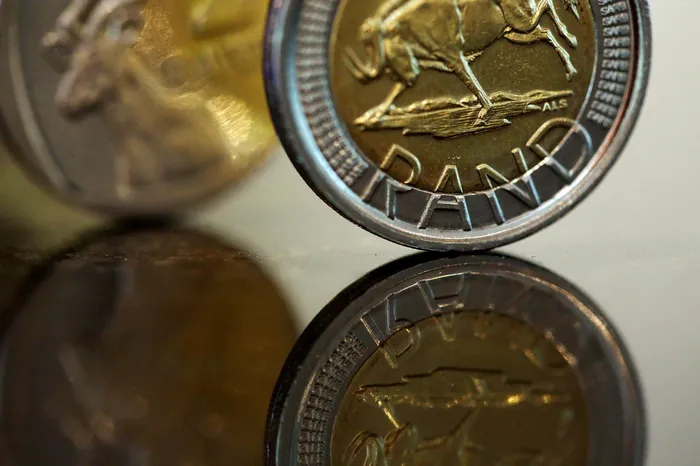
Durban – Inflation is getting the better of
consumers because salary increases are below inflation, the
BankservAfrica Disposable Salaries Index report released yesterday shows.
“Data for October shows that the nominal
year-on-year difference for average South African take-home salaries
increased by 3.5 percent," the company said in its report.
"But when taking inflation into account, the
actual, real disposable salaries declined for the fifth month in a row -
and by 2.6 percent on a year-on-year basis.”
Disposable income is similar to take-home pay
because it is the amount of money a person has after deductions, which
include tax, unemployment insurance fund, and pension, the report said.
BankservAfrica ensures banking transactions
between banks occur in a regulated system.
The company also said the trend of salaries not
being able to beat inflation had been happening for the past three years
and that people’s pay cheques were at similar levels to those in 2013.
Mike Schussler, chief economist at Economists
Dotcoza, said a reason for the high inflation rate, which currently
stands at 6.4 percent, is because of the impact the drought has had on
the country.
Another was the weak rand.
He said the scandals around former and current
finance ministers, Nhlanhla Nene and Pravin Gordhan, added to the rand’s
woes.
A consequence was that consumers had less
disposable income, and when this happened, people consumed less. Among
the goods they would cut back on were durable goods like cars and
furniture.
Schussler said there was already a decline in the
car sector - it had decreased by 10 percent this year. Instead of a
person buying a new car every five years, they might now postpone the
purchase to every six or seven
years.
He said "semi-durable goods" like
clothing took a knock because people who normally bought, for instance,
a T-shirt every three months would postpone buying the next one.
To try to improve profits, retailers were “luring”
consumers with sales.
Schussler said Friday’s Black Friday sales would
help retailers, but tills would not ring as much for the rest of the
season.
He said car manufacturers would have to look at
changing their service plans to make vehicles more affordable, and the
Department of Trade and Industry possibly dropping tariffs on imported
cars.
But it was not all doom and gloom.
With the current rain around the country, things
are looking up and the peak of the worst time of the year should now be
over, Schussler said.